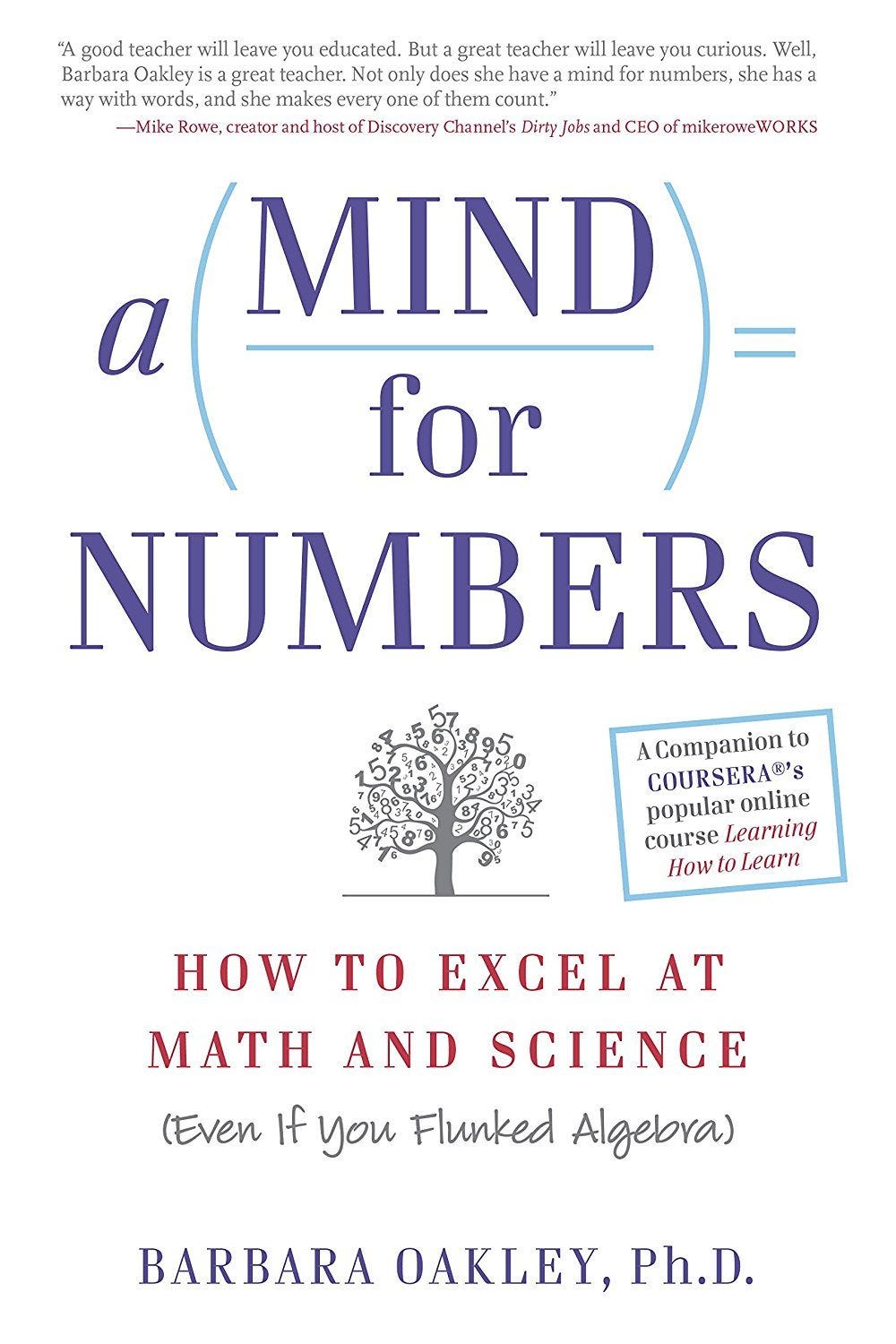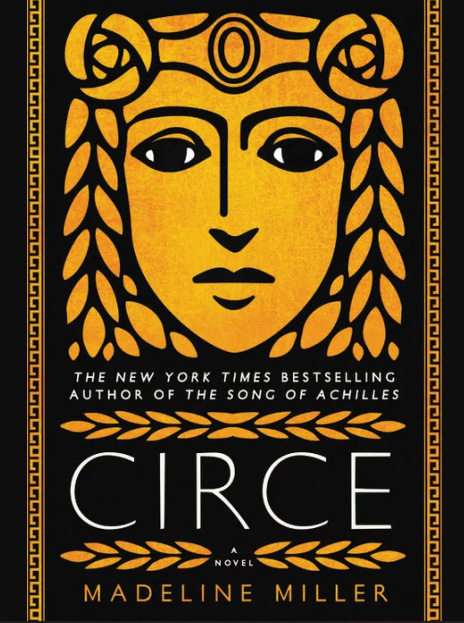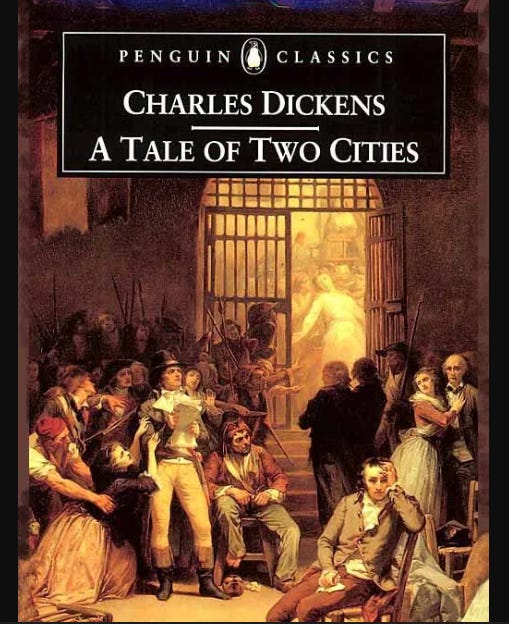As the year is coming to a close I always look forward to seeing everyone’s “favorite books of the year” list, that’s how I discover many books that I end up loving. For some reason, those don’t seem quite as common as they used to be, but in keeping with the tradition, I’ve gathered my somewhat short list for this past year. I pondered whether to include books I disliked, but decided against, perhaps next year I’ll make a “worst books I’ve read” list, but until then, here are this year’s favorites.
I seem to gravitate to non-fiction books, but even those get a bit overwhelming after a while and I’m now learning to pair them with a good fiction option.
One of my favorite books this year was about how to best learn math and science (or any subject, for that matter). How I wish I had read this book years ago! While I am not planning to go back to school at all, I am interested in knowing the most effective way to learn math and science.
This book is exceedingly well written for all audiences with clear and concise explanations and examples. I found myself rereading some of the chapters twice because they were so interesting and clearly explained.
Some of the key points were the distinction between focused (highly attentive states) and diffuse (resting state) modes of thinking, and how our brains are constantly switching between these two states but not consciously in both simultaneously. Both modes are crucial to learning math and science and facilitating the brain to switch from focused mode into diffuse allows different areas of the brain to connect and retrieve valuable information.
That particular point also helps understand why students often find the right answer for the problem right after they leave the exam room - when their focused mode was deactivated and their diffuse mode started, they were able to scan for the big picture and settle on a solution.
Some good diffuse mode activators suggested in the book were: working out, going for a walk, driving, drawing, taking a shower or bath, sleeping, praying, and listening to music without words.
Another great takeaway from this book was the effectiveness of recall instead of passive rereading as a better way to retain knowledge. Attempting to recall the material you are trying to learn - retrieval practice - is far more effective than simply rereading the material, since rereading just provides the illusion that the material is also in our brains when it’s not.
Learning math and science requires a healthy dose of practice and repetition but also recalling, especially when outside of the usual learning content, this will help strengthen the grasp of the material by viewing it from a different perspective.
The book offers much more insight into techniques and methods to better learn and retain math knowledge, so I highly recommend you read or get it for your kids.
I read few novels this past year, but this was undoubtedly my favorite. As someone who dislikes most contemporary fiction, I found this spin on the Odysseus epic simply marvelous. I’ve often wondered if an old-world classic could even be accomplished nowadays, and this author proved that it can. Circe’s story is brilliantly told from her perspective and is a fantastic revival of Homer’s greek myths.
Some years back, I decided I wanted to read more classics, and as such, I’ve been enjoying Charles Dickens lately. His “Christmas Carol” is one of my favorite books and I’m halfway done with “A Tale of Two Cities”, both have such unique characters and I love the way Dickens contrasts two different and sometimes opposing worldviews, rich and poor, city and country, old and new.
What do you recommend I read for 2023? Would love to hear your suggestions and also what books captivated you this past year.






One of my favourite non-fiction in 2022 was Edward Achorn’s Every Drop of Blood on Abraham Lincoln’s second inaugural address period.
It might sound like a dry read on a very specific historical moment but Achorn has great talent in storytelling.
I discovered this writer years ago with Fifty-Nine in ‘84, my favourite baseball book. A recollection of a 19th century pitcher named Old Hoss Radbourn and his incredible season with the Providence Grays.
I finally got around to reading “ The Silent Patient” by Alex Michaelides. Wow. I couldn’t put it down.